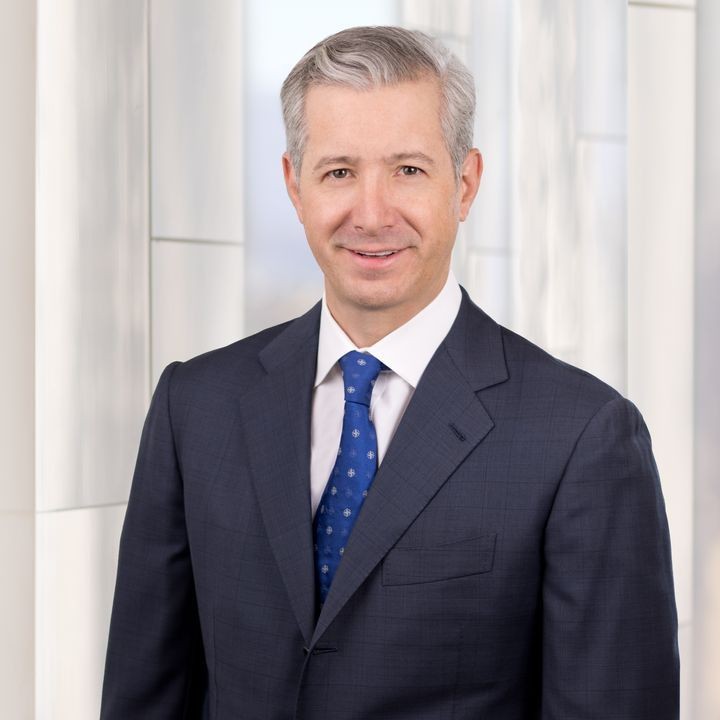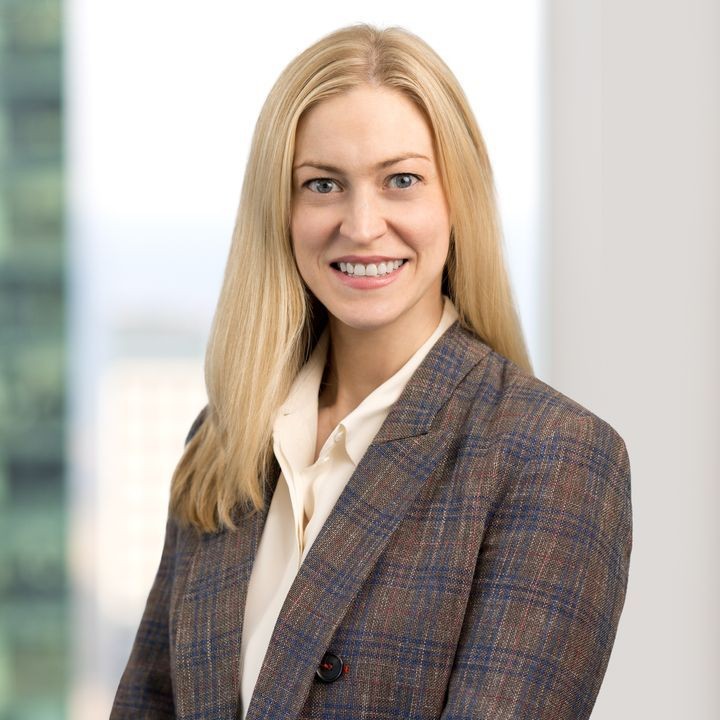Supreme Court Upholds SEC's Ability to Seek Disgorgement, With Limits
Client Alert | 4 min read | 06.24.20
On Monday, in an 8-1 decision, the U.S. Supreme Court upheld—with some limits—the SEC’s ability to seek disgorgement of ill-gotten profits as an “equitable remedy” for securities law violations. Writing for the Court, Justice Sotomayor said that a disgorgement award is permissible under federal law if it is truly equitable. Disgorgement must therefore be limited to “net profits from wrongdoing after deducting legitimate expenses,” and should be returned to investors. These constraints depend on a fact-intensive and complex analysis, and ultimately will determine how disgorgement is used by the SEC going forward.
Background
Petitioners Charles Liu and his wife Xin “Lisa” Wang defrauded Chinese investors out of millions of dollars in an immigrant visa scheme involving a cancer treatment center that was never built. The trial court granted summary judgment against the couple, and imposed approximately $27 million in disgorgement, in addition to $8.2 million in a civil penalty. The Ninth Circuit affirmed. In petitioning the Supreme Court, the couple argued that the SEC lacked the authority to obtain disgorgement under the Supreme Court’s 2017 decision in Kokesh v. SEC, which unanimously held that for statute-of-limitation purposes disgorgement is a “penalty,” not a remedial measure, and therefore subject to the five-year statute of limitations in civil enforcement actions applicable to “any civil fine, penalty or forfeiture.” (28 U.S.C. § 2462).
The SEC traditionally seeks disgorgement to prevent an entity or individual from profiting from their illegal conduct and as a deterrent to subsequent misconduct. Disgorgement often accounts for a significant portion of the overall enforcement sanction and is distinguished from fines, which the SEC can also seek as a form of penalty.
The 2019 SEC enforcement report estimates that the Kokesh ruling (capping the look-back period to five years) caused the Commission to relinquish approximately $1.1 billion dollars in disgorgement. Even after Kokesh, however, the SEC still collects more disgorgement than other types of awards, often at a two-to-one rate (in 2019, the SEC collected more than $3.2 billion in disgorgement payments, more than double all other monetary penalties).
The Supreme Court’s Ruling
But Kokesh explicitly declined to answer whether, and to what extent, the SEC may pursue disgorgement in the first instance through its power to seek “equitable relief” under 15 U.S.C. §78u(d)(5). Answering in the affirmative, the Supreme Court in Liu held that a disgorgement award, while a “penalty” for statute of limitations purposes under Kokesh, is nevertheless equitable relief allowed under §78u(d)(5), so long as it does not exceed a wrongdoer’s net profits and so long as it is distributed to the victims.
The ruling applies to the SEC’s civil actions in federal courts, and does not directly affect the SEC’s separate authority to seek disgorgement through administrative proceedings.
As is commonly the case, the Supreme Court sketched the limits of the SEC’s disgorgement power in general terms, leaving it to lower courts to flesh out the details. In this manner, the Supreme Court held that the equitable nature of the disgorgement remedy generally requires the SEC to return a defendant’s gains to wronged investors for their benefit, and not simply deposit the funds with the Treasury. But the Court left it to the Ninth Circuit to decide whether handing the funds over to the Treasury is nevertheless “for the benefit of investors,” consistent with the limitations of §78u(d)(5), when it is not feasible to distribute the collected funds to investors.
Similarly, the Supreme Court held that Courts must deduct expenses before ordering disgorgement under §78u(d)(5), but left open the question of which expenses are “legitimate” (and can be deducted) and which are merely wrongful gains “under another name.” In Liu and Wang’s case, some expenses actually went toward lease payments and cancer-treatment equipment, which arguably had value independent of fueling a fraudulent scheme. The Supreme Court, again, left it to the lower court to examine whether including those expenses in a profits-based disgorgement remedy was consistent with the equitable principles underlying §78u(d)(5).
Implications for Future Cases
The Supreme Court’s decision in Liu will force the SEC to be clear about its disgorgement calculation and to identify and return funds to victims. The decision will therefore arm defendants with a valuable tool for limiting the scope of future disgorgement awards. What is more, limiting disgorgement to net profits that exclude legitimate business expenses may require both sides to hire experts to labor over fact-intensive analyses. And the SEC may not pursue disgorgement as vigorously when returning funds to investors directly would require excessive resources.
The decision will likely impact FCPA prosecutions where the SEC will have to limit disgorgement to net profits, as well as insider trading cases, where funds are rarely returned to aggrieved parties. Finally, Monday’s ruling could significantly reduce whistleblowers’ potential awards, which are often based, at least partly, on disgorgement amounts.
Contacts
Insights
Client Alert | 6 min read | 04.25.24
On April 22, 2024, the Office of Management and Budget (OMB) issued a Final Rule significantly revising the Uniform Guidance for grants, cooperative agreements, and other federal financial assistance. The Final Rule (titled “OMB Guidance for Federal Financial Assistance”), and OMB’s accompanying memorandum to agencies and reference guide, state that the revisions aim to streamline and clarify the grant rules and improve management, transparency, and oversight of federal financial assistance. Agencies must implement the Final Rule by October 1, 2024; however, agencies may apply it to federal awards as early as June 21, 2024.
Client Alert | 3 min read | 04.24.24
Client Alert | 2 min read | 04.24.24
FTC Continues Focus on Tracking Technologies and Personal Health Data
Client Alert | 9 min read | 04.24.24






